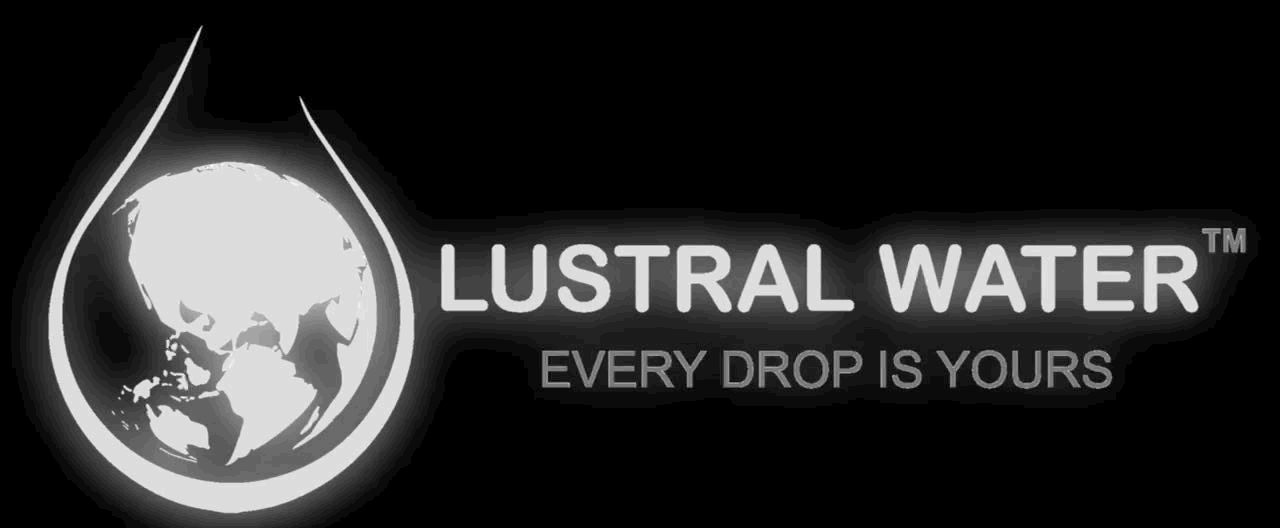Summer is almost knocking at our doors and Bengaluru summers are unlike any other cities. One moment it is cloudy with a chance of rainfall and in a matter of hours it is all bright and sunny with dry weather parching your throat. How does one prepare for this? While staying hydrated can seem like a simple mantra it’s easier said than done. Let’s first understand the science behind hydration and no, the cold coffee you just had doesn't really count! Surprised much? Let’s tell you more!

Understanding Dehydration and Its Effects on Your Body
When temperatures soar, your body kicks into overdrive to stay cool, mostly through sweating. But that natural cooling system comes at a cost: fluid loss. Dehydration sneaks up fast in summer, especially when you're outdoors, active, or just not sipping enough water.
What does it look like? Dry mouth, headaches, dizziness, fatigue, and even mood dips are your body’s red flags. Think of dehydration as your body’s SOS signal, one that can impact energy, focus, and even digestion.
That’s why staying hydrated isn’t just a wellness tip , it’s a summer survival strategy.
Why Water is Essential in Hot Weather
You might assume that dehydration only strikes when you’re sweating buckets or working out, but summer’s version is much more deceptive.
During hot and humid weather, your body loses water constantly through sweat, even when you're doing nothing at all. And here’s a fun (and slightly alarming) fact: the human body can lose up to 1.5 liters of water per hour during intense heat without you even feeling thirsty right away. That’s because our thirst mechanism can lag behind actual fluid loss, especially in high temperatures.
Plus, many summer favorites like iced coffee, cold sodas, salty snacks, even cocktails, can act as mild diuretics, meaning they actually pull more water out of your system. Combine that with long hours in the sun or air-conditioned rooms (which can dry you out without visible sweat), and you’ve got a perfect setup for low-grade, lingering dehydration.
What makes it worse is that we often misread dehydration symptoms. That mid-afternoon slump? It might not be lack of food or rest, it could just be your body asking for water.
So, what’s the fix? Don’t wait for thirst to remind you. Build hydration into your summer routine before you feel tired, dizzy, or dry. Think of water not just as a drink, but as a defense strategy against summer’s sneaky drain on your energy and focus.
Key Health Benefits of Drinking More Water in Summer
The hotter it gets, the more your body relies on water to stay balanced and perform at its best. Here’s how upping your water intake during summer months directly supports your health:
Boosts Energy and Reduces Fatigue
Heat drains your body faster than you realize. When you're dehydrated, your blood volume decreases, making your heart work harder to circulate oxygen and nutrients. This leads to tiredness and reduced physical endurance. Staying hydrated helps maintain optimal blood flow, giving you the stamina to stay active and energized, even on the hottest days.
Improves Skin Health
Summer sun, saltwater, and air conditioning can take a toll on your skin, leaving it dry, irritated, or dull. Proper hydration keeps your skin cells nourished from the inside out. Water supports elasticity, flushes out toxins, and helps your skin stay supple, clear, and naturally radiant—even under the sun.
Aids Digestion and Detoxification
Water plays a key role in breaking down food, absorbing nutrients, and promoting regular bowel movements. During summer, lighter meals and more frequent snacking can throw off digestion. Staying hydrated helps your digestive system function smoothly and also supports kidney and liver function, helping your body naturally flush out toxins.
Reduces Risk of Heat-Related Illnesses
The body relies on sweating to regulate temperature, but without adequate water, this process becomes less effective. Dehydration increases the risk of heat exhaustion, cramps, and even heatstroke. Drinking more water helps regulate body temperature and keeps essential bodily functions from going into overdrive in extreme heat.
How Much Water Should You Drink in Summer?
While the “8 glasses a day” rule is a decent baseline, it doesn’t quite cut it in summer, especially if you’re spending time outdoors or breaking a sweat.
General Guidelines That Actually Make Sense
Water needs aren’t one-size-fits-all. On average:
-
Adults should aim for about 2.7–3.7 liters (11–15 cups) per day depending on gender and activity level.
-
Active individuals or those exercising in the heat may need up to 1 liter per hour of activity to replace fluids lost through sweat.
-
Children and teens, who are more susceptible to heat, should be encouraged to drink regularly—often before they feel thirsty.

What Affects Your Summer Hydration Needs?
-
Outdoor workouts or sports can double your fluid loss.
-
Humid climates make sweating less efficient, increasing your risk of dehydration.
-
Caffeine and alcohol, which are common in summer socializing, can increase water loss.
Smart Ways to Stay on Top of Your Hydration Game
-
Use a hydration app like WaterMinder or Plant Nanny to track your intake in real-time.
-
Infuse water with fruits, herbs, or a splash of lemon to make it more appealing (and refreshing).
-
Set simple reminders on your phone or smartwatch, especially during the hottest part of the day.
-
Carry a reusable water bottle so hydration is always within arm’s reach, bonus if it’s insulated to keep it cool.
Common Hydration Myths to Avoid
Staying hydrated sounds simple, drink more water, right? But thanks to half-truths floating around, many of us end up following hydration habits that don’t actually help. Let’s bust a few common hydration myths so you can stay hydrated the right way this summer.
Myth 1: “Caffeinated drinks hydrate you.”
Truth: They do—but with a catch. While tea and coffee do contain water, caffeine has a mild diuretic effect, which means it can increase urination and lead to fluid loss. If you're chugging coffee on a hot day, balance it out with water to avoid slipping into dehydration.
Myth 2: “You only need to drink when you’re thirsty.”
Truth: By the time you feel thirsty, your body is already playing catch-up. Thirst is a delayed signal. Especially in summer, where fluid loss happens faster, proactive sipping throughout the day is key to staying hydrated—even if you don’t “feel” like it.
Myth 3: “Drinking too much water is dangerous.”
Truth: It can be, but you'd have to drink excessive amounts in a very short time for it to become harmful (a rare condition called hyponatremia). The real issue? People using this myth as an excuse to underdrink. Focus on consistent, moderate water intake tailored to your body’s needs and lifestyle.
Science doesn’t lie: your body depends on water to function properly, and the demand only increases in the heat. Dehydration can sneak up quickly in summer, but with a few mindful adjustments, you can stay ahead of it and feel your best.
Don’t just wait until you’re thirsty, plan your hydration like your meals. Keep cool, stay hydrated, and explore our favorite hydration tools if you need a hand staying on track this season.





